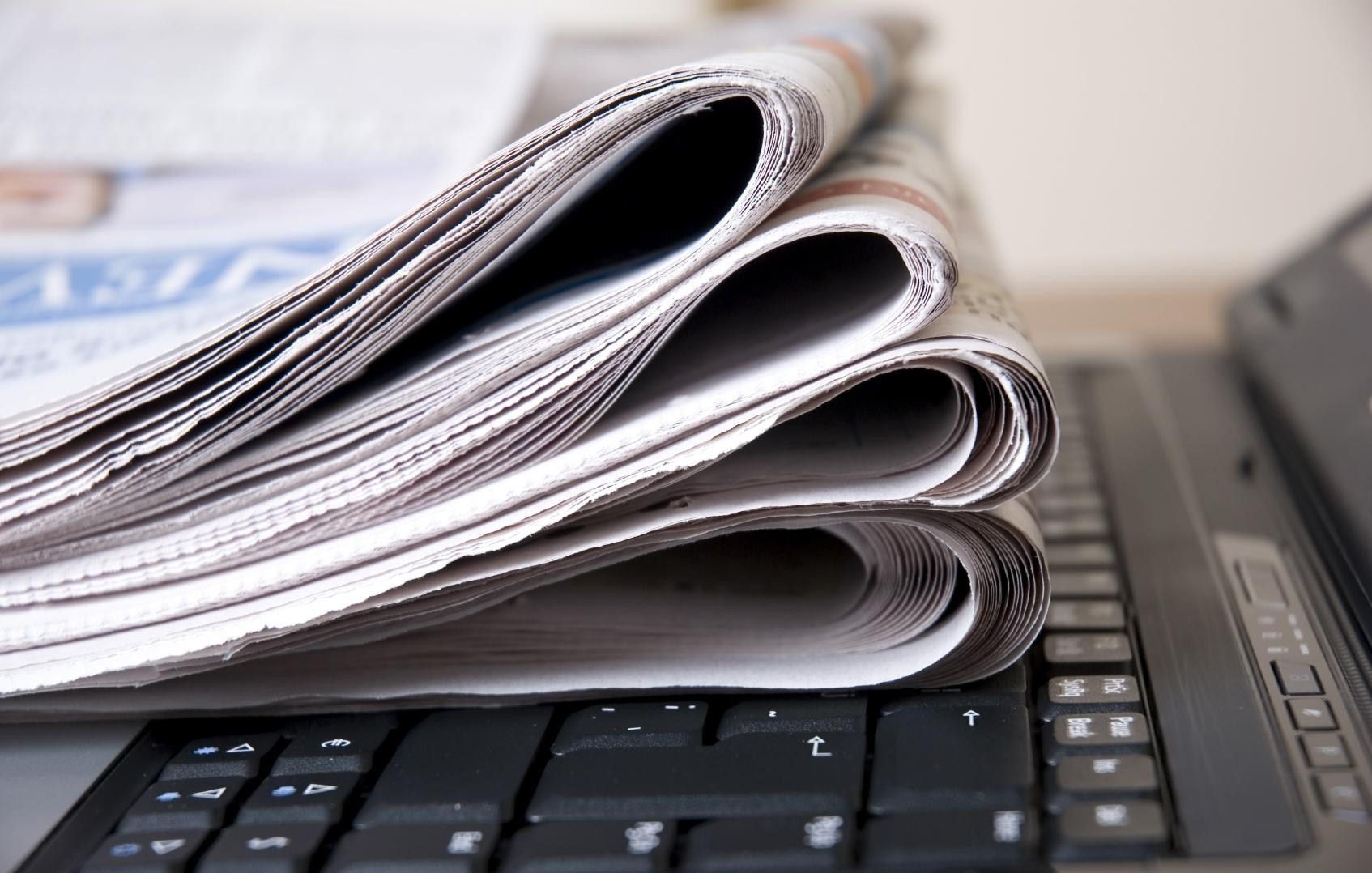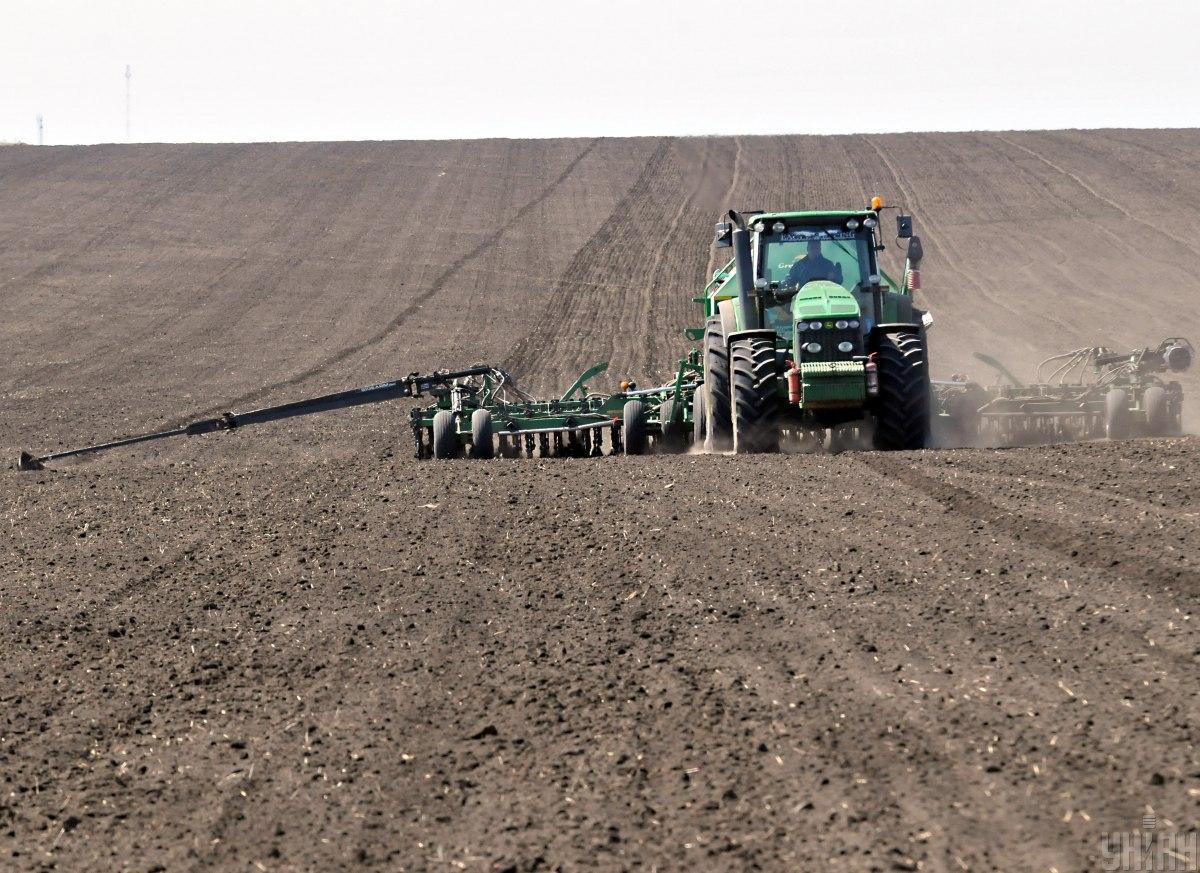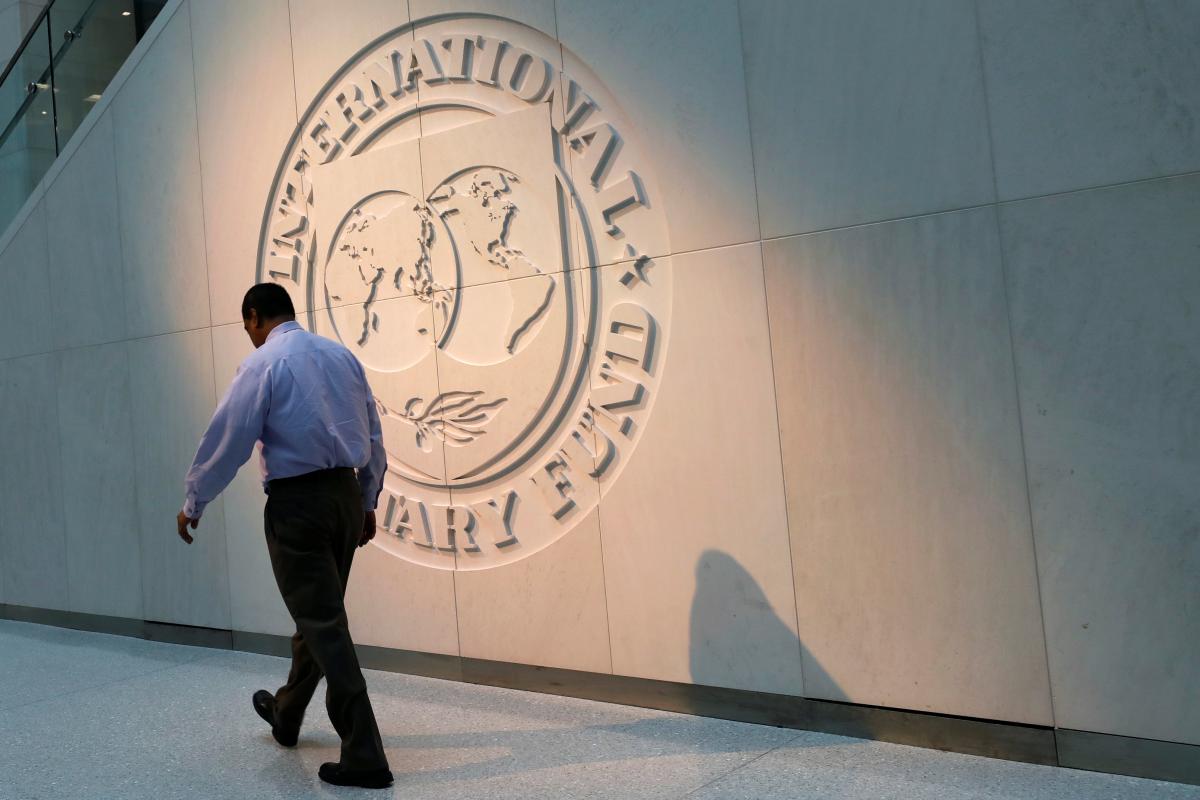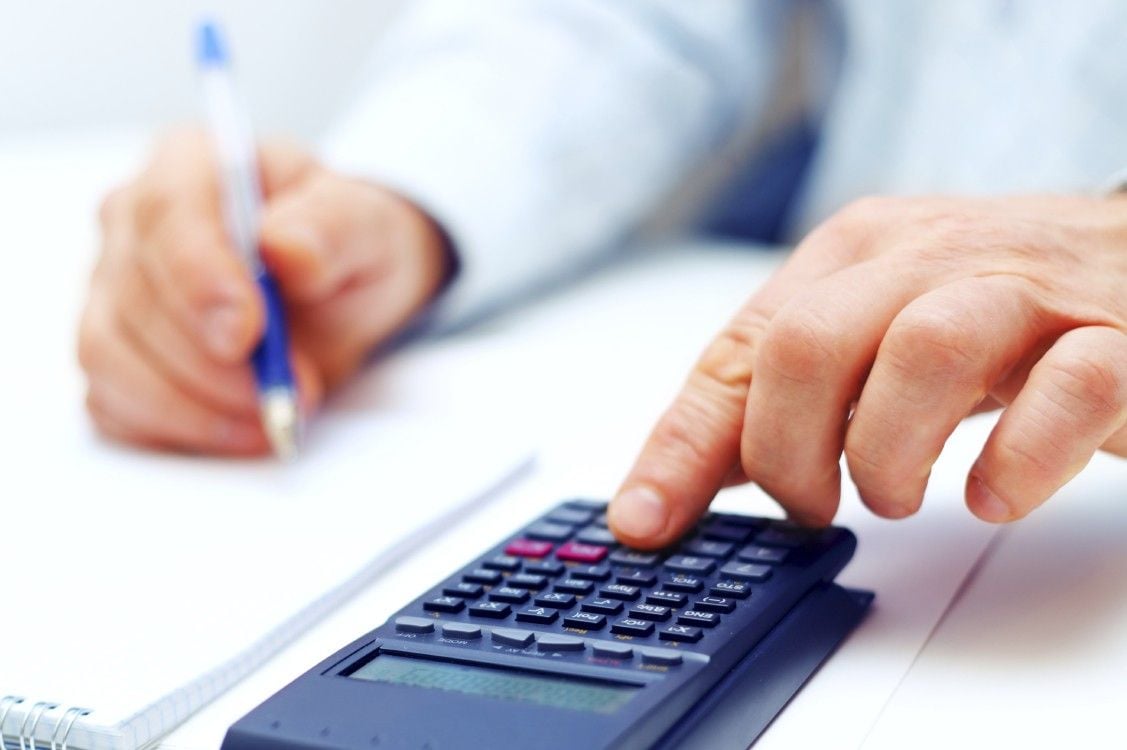
Week's balance: Parliament greenlights land reform and adopts 2020 budget, while IMF mission returns to Kyiv
The second week of November became historic for Ukraine – the parliament passed land reform at first reading of the law on the land market, and the next day adopted the state budget. The IMF staff mission arrived in Kyiv to complete negotiations on a new EFF program, while the statistics agency announced a slight slowdown in GDP growth in 3Q 2019.
The outgoing week saw a truly landmark event, which, according to President Volodymyr Zelensky, will go down in history textbooks. The Verkhovna Rada launched land reform by adopting in the first reading a bill on the land market on October 1, 2020.
When on Wednesday, November 13, it became clear that there are enough supporters in parliament of this key reform for the economy development, Ukraine crossed the "watershed" and approached the civilized world, where every citizen working on land has all rights to it, including the right to sell it.
"I think this will certainly be spelled in history textbooks. Every one of you today has become an author. Thank you," the head of state said, addressing the 240 deputies who supported the bill.
Prime Minister Oleksiy Honcharuk praised the decision of the Rada as the end of the era of feudalism and the transition to a new era.
According to the bill, supported by the deputies of the pro-presidential Servant of the People faction which enjoys a mono-majority in the Rada, and several non-factional parliamentarians, in 12 months the moratorium on farmland sales, which was introduced back in 2001 as a temporary measure, will be lifted.
From October 1, 2020, citizens of Ukraine, territorial communities, the state, and Ukrainian legal entities will be able to buy land in Ukraine. However, the question regarding the right of foreigners to participate in the land market remains open.
The draft law contains a norm saying that citizens of other states will also be able to apply for Ukrainian land plots. However, this caused a storm in a society, frightened by manipulative slogans claiming that foreigners would buy up all Ukrainian land for nothing and take all fertile soil out of the state, that President Zelensky promised the people to resolve the issue of admitting foreigners to the market in a national referendum. Corresponding changes will be made to the text of the draft law, yet to be finalized by the second reading.
According to Parliament Speaker Dmytro Razumkov, a referendum can be held until 2024, and after the adoption by the Verkhovna Rada of the law on people's rule, which will spell the norm on the referendum. Until then, only Ukrainians will have the right to purchase land.

With regard to the value of agricultural land, the bill assumes that the starting price for the sale of land at land tenders will be set at a level not lower than the normative monetary value.
According to the calculations of the Ministry of Economic Development, Trade and Agriculture, prices for Ukrainian land after the launch of the market will be competitive. The cost of a hectare can exceed $2,000 and will only increase in the future. At the same time, the government intends to help farmers and small agricultural producers to actively participate in tenders. Next year, the Cabinet will direct more than UAH 4 billion to reduce the cost of loan rates for the purchase of land by farmers.
Budget in turbo mode

A "historic" vote on land reform was not the only significant achievement of the Verkhovna Rada this week. Another one was the rejection of the annual practice of adopting the state budget on a December night or in the morning – with lengthy discussions and irreconcilable contradictions. This time, the people's deputies broke the spell and voted the budget in the first half of November, and in the middle of the working day.
According to the document, next year the state budget revenues will be increased by UAH 14 billion, expenditures – by UAH 10 billion, and the deficit – reduced by UAH 855 million (it will remain within 2.1% of GDP).
Minister of Finance Oksana Markarova, while presenting the draft in Parliament called it realistic and balanced, noting that next year many sectors of the economy, as well as local budgets, will receive much more resources.
"In this budget, there's an increase in expenditures on healthcare and education. This budget provides much more significant funds for infrastructure. In this budget, expenses on local governments have not been reduced, but rather increased," the minister emphasized.
The budget for 2020 is based on an updated forecast with GDP growth of 3.7% and an average annual rate of UAH 27 per dollar. And since such a macro forecast is conservative, the risks of the government failing to fulfill the financial plan are minimized.
According to a comment to UNIAN voiced by an expert with the Center for Economic Strategy, the forecast devaluation of the hryvnia to UAH 27 per dollar may look too pessimistic, but if this forecast doesn't materialize, the revenue losses from import taxes will be partially offset by lower maintenance costs and paying off debts in foreign currency.
IMF mission: The return

Another important event of the past week was the return to Ukraine of the staff mission of the country's key creditor, the International Monetary Fund. Its representatives are once again in Ukraine after an almost two-month pause. Experts arrived in Kyiv from Washington to continue discussions with Ukrainian officials about a new expanded fund facility.
If negotiations are successful, the new program, according to Prime Minister Honcharuk, will be designed for a three-year period. Earlier, the National Bank estimated its potential volume of up to $10 billion and predicted that Ukraine could receive the first two billion by the end of the year.
If the program is implemented, the reform will contribute to the transition of the national economy to a new quality, where further assistance of the Fund will no longer be required. The forecasts regarding Ukraine's chances of concluding an agreement on a new program are rather optimistic.
On the eve of the mission's arrival in Kiev, head of the IMF communications department, Gerry Rice, during a traditional briefing in Washington, said the parties were able to make progress in negotiations on several important issues, in particular, on fiscal and monetary policies and key reform, as well as measures to ensure central bank independence and financial stability.
Indeed, since the departure of the previous IMF mission at the end of September, Ukrainian parliamentarians have adopted a number of important laws, many of which had been stalled for years due to a lack of political will. It's about a "split" (liquidation of the National Financial Services Commission and the transfer of its functions to the National Bank and the National Commission for Securities and the Stock Market), the renewal of criminal liability for illegal enrichment, and Naftogaz unbundling. Also, the Rada adopted the state budget for 2020 and approved in the first reading the bills on the establishment of a financial investigation service and the launch of the land market.
However, Kyiv has yet to convince the Fund of the irreversibility of reform. Therefore, it is too early for Ukrainian officials to relax, because the issue of economic stability of the state is at stake. It’s important to keep in mind that the coming years 2020 and 2021 are periods of peak debt payments to external creditors when Ukraine will have to pay 14 billion and 10 billion dollars, respectively. Attracting funds from the IMF will allow passing through this difficult stage more painlessly. Otherwise, the crisis and devaluation will overtake the national economy.
Economic stats

Another important piece of news was the statement of the State Statistics Service on the growth of the Ukrainian economy in the third quarter of 2019. GDP grew by 4.2% against the previous quarter, which is slightly slower than in 3Q 2018, when growth was at 4.6%.
The country's central bank previously estimated GDP growth in the third quarter at 3.5%. The updated stats indicate that the national economy is moving in the right direction.
According to the IMF forecasts, Ukrainian GDP growth by the end of 2019 will stand at about 3%, while the World Bank expects 2.7% and the European Bank for Reconstruction and Development suggests it will be 3.3%. Meanwhile, Ukrainian farmers are completing grain harvesting and are about to reach another record high yield. According to the agrarian department of the Ministry of Economic Development, agricultural producers have already threshed more than 70 million tonnes of cereals, which exceeds last year's figure, when gross harvest amounted to a record 70.1 million tonnes. Thus, farmers will make a significant contribution to the further development of the national economy, guaranteeing an increase in foreign currency earnings from grain exports.
Next week promises to be also saturated with economy events. Along with the expected temperature drop in Kyiv, the IMF mission will continue its work there, while the statistics agency will report on the Ukrainian industry performance over the ten months of 2019.
Nadiia Burbela

